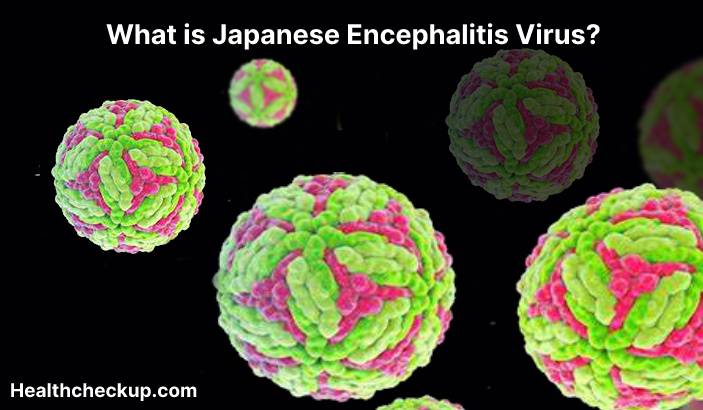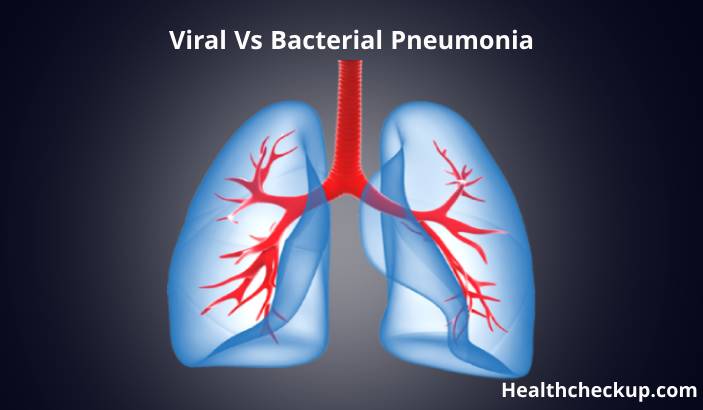Japanese encephalitis virus (JEV) is a mosquito-borne virus that can cause inflammation of the brain (encephalitis). The virus is found in many parts of Asia, including Japan, China, and Southeast Asia.
Symptoms of JEV infection include:
- Fever
- Headache
- Nausea
- Vomiting
- Stiff neck
- Drowsiness
- Confusion
In severe cases, the infection can lead to:
- Coma
- Seizures
- Paralysis
- Death
JEV infection is diagnosed through laboratory tests that detect the presence of the virus in a sample of blood, cerebrospinal fluid, or tissue. The tests include PCR or serology.
There is no specific treatment for JEV infection, so treatment is supportive and include:
- Fluids to prevent dehydration
- Medications to control seizures or other symptoms
- Mechanical ventilation if the patient is unable to breathe on their own
To prevent JEV infection, it is important to take steps to avoid mosquito bites, such as:
- Using insect repellent
- Wearing long sleeves and pants
- Using mosquito netting when sleeping
- Staying in air-conditioned or well-screened rooms
There is also a vaccine available to prevent JEV infection, but it is not widely available in all countries. The vaccine is recommended for people who are planning to travel to areas where JEV is common, and it is also recommended for certain high-risk individuals, such as healthcare workers or people with compromised immune systems.
In conclusion, Japanese encephalitis virus is a mosquito-borne virus that can cause inflammation of the brain. It can be prevented through mosquito bite prevention measures and vaccination.









